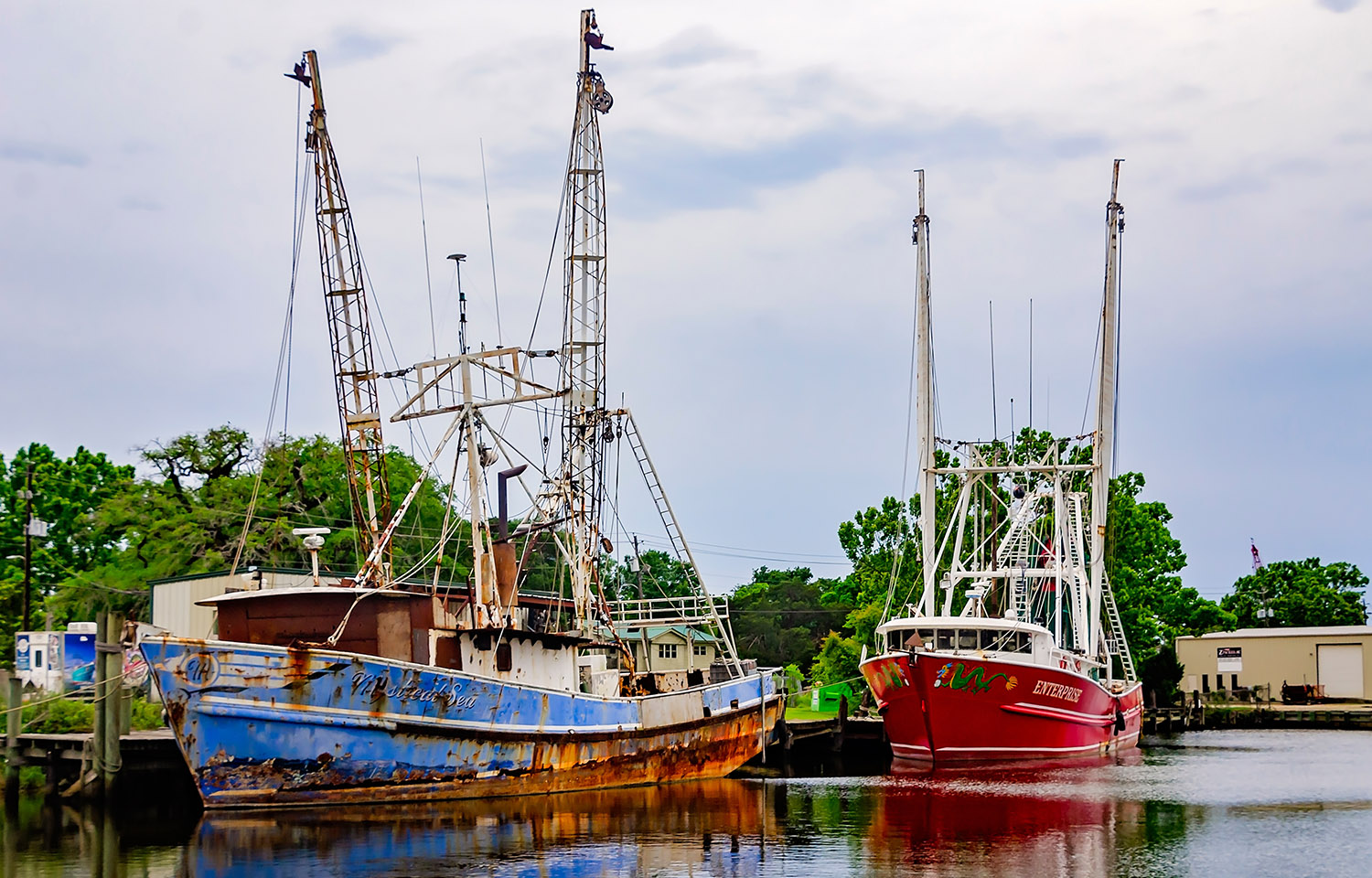U.S. federal legislators are coalescing around a bill to streamline the government’s process for doling out financial relief related to fishery disasters.
Even when a request for aid is swiftly filed with the U.S. Department of Commerce (DOC), it can take several months to multiple years for fishers to receive federal money. For fishers who often live on tight margins, surviving the loss of income from a fishery disaster for long periods without federal relief is a difficult prospect.
“Alaska’s fisheries have faced challenges at every turn in recent years – and we will likely see more in the future,” U.S. Senator Lisa Murkowski (R-Alaska) said. “From the Yukon River to Prince William Sound to the Bering Sea, nearly every fishery has relied on disaster relief funding to help them through difficult times. Unfortunately, these fishermen often wait years to see that relief. This common-sense approach applies time limits on agency review so that Alaskans get the help they need when they need it.”
The Fishery Improvement to Streamline Untimely Regulatory Hurdles post Emergency Situation (FISHES) Act would expedite the distribution of funding after the DOC officially declares a fishery disaster has taken place. The bill would also require the Office of Management and Budget (OMB) to deny or approve a state’s spending plan for any fishery disaster funding within 30 days.
“Arbitrary bureaucratic delays to congressionally appropriated fishery disasters prevents businesses from getting back on their feet,” U.S. Senator Marco Rubio (R-Florida) said. “This bill will cut red tape so that Florida businesses can receive disaster relief in a reasonable and prompt manner after a federal disaster, like a hurricane."
The U.S. House version of the bill was introduced last year, but a companion version was introduced in May in the U.S. Senate by Senator Rick Scott (R-Florida), Murkowski, Rubio, and Sen. Dan Sullivan (R-Alaska) as lawmakers prepare for another push to get the legislation passed.
“When disaster strikes, families and small businesses can’t be left wondering whether the federal government is going to show up,” Scott said in a statement. “Floridians know that better than anyone. The federal government must step up and get folks the help they need as fast as possible as they work to get back on their feet. I ask Congress to pass this legislation as soon as possible to ensure our fishing industry in Florida and across the country have a reliable partner in Washington.”
This isn’t the first effort to improve the federal bureaucracy’s slow-moving fishery disaster aid process. In 2022, Congress passed the Fishery Resource Disasters Improvement Act, which streamlined the process for declaring federal fishery disasters.
Still, lawmakers have shown increased frustration with the federal government’s failure to adequately address ongoing concerns, even after the passage of the 2022 act.
After NOAA Fisheries announced financial relief for several fishery disasters in January – some of which dated back to 2016 – U.S. Representative Garret Graves (R-Louisiana) criticized the agency’s delayed response.
"Fishers shouldn't have to wait four years to receive funds from a disaster; while they've been waiting for dollars, many of them are tying their boats up and going out of business because of bureaucracy,” Graves said. “These funds are welcome relief, but we will continue to fight for improvements to the allocation process so that recovery dollars get to fishers faster.”
In December 2023, a group of Republican legislators wrote a letter to NOAA Assistant Administrator for Fisheries Janet Coit demanding that the agency show more transparency in how it makes disaster determinations. The Republicans asked the government to develop an online tracking system that would allow the public to follow the process online, like the delivery of a package.
“We believe it is important for stakeholders to understand and track the step-by-step process for a fishery disaster request,” the senators wrote in the joint letter. “This tracking would allow stakeholders to follow the process from submission of data to decisions made by NOAA and the OMB. Stakeholders would be able to follow the status of their request as each division of NOAA examines the data, just like consumers track packages through the shipping process from a vendor to delivery.”
The frustration is widespread among coastal lawmakers, who regularly ask federal officials to speed along individual fishery disaster requests. For example, in May 2024, U.S. Rep. Byron Donalds (R-Florida) wrote a letter to Coit asking the agency to finally declare a fishery disaster related to Hurricane Ian, a Category 5 storm that hit Florida in September 2022. While a fishery disaster request was submitted in October 2022, the state still had not received a determination in May 2024.
“Many months after the storm, the effects of Hurricane Ian are still being felt in [Southwest Florida] – and I want to emphasize that this federal relief is vital for my constituents,” Donalds said. “Time is of the essence as my community continues to rebuild, but in my view, the untimeliness of this process is unacceptable.”
On the other side of the country, a group of California legislators wrote a joint letter in April 2024 asking OMB and NOAA to speed up its review and approval of a request it submitted in 2023 following the closure of the state’s salmon fisheries.
“The complete closure of the state’s ocean and river salmon fisheries has been devastating to our constituents, and any acceleration of the process for funds to be distributed to fishers and affected communities would be highly beneficial,” the lawmakers wrote. “California’s commercial, sport, and charter fishers; tribes; businesses; restaurants; and the communities who depend upon the salmon fishery cannot afford to wait any longer for the relief needed to weather the ongoing crises.”








